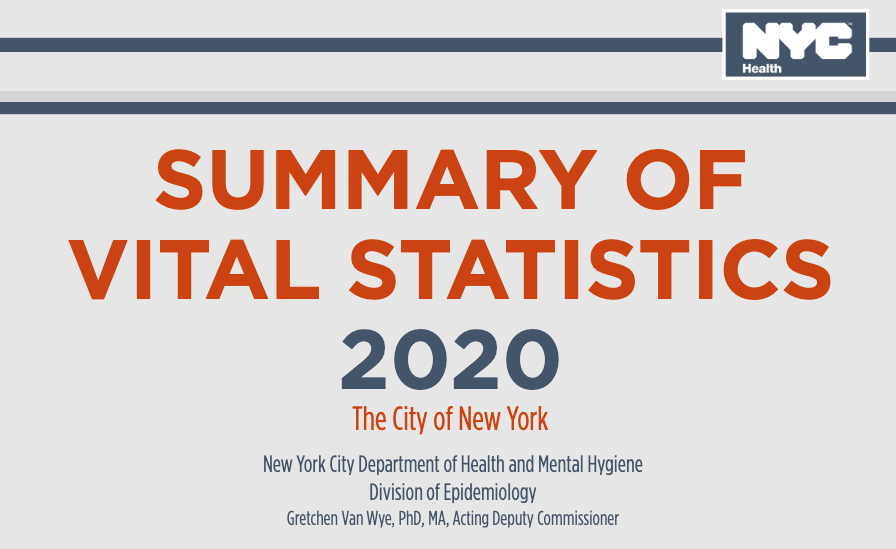What’s next for Covid? Will cases spike again? Should we expect another variant? We can predict what will happen over the next few weeks, but beyond that the picture gets murky. A thread on the big unknowns and on what we DO know. 1/
In the US, cases will likely continue to fall for the next 3-4 weeks. But anyone who says with confidence they know what will happen after that doesn’t understand Covid. The virus has surprised us many times before. There’s no reason to think it won’t continue to surprise us. 2/
But first, let’s be clear about one thing we DO know: our vaccines are working extremely well. Data consistently show that unvaccinated people have a greater risk of getting infected and a MUCH greater risk of spreading Covid to others, and developing severe disease. 3/
According to recent data, weekly cases are 6 times higher among unvaccinated people and weekly deaths are 12 times higher. Surges in Covid hospitalizations and deaths have been primarily driven by the unvaccinated. nyti.ms/2ZyDzeh 4/
We face several unknowns—about the virus and about human behavior—and we still don’t clearly understand all the factors that fuel waves of Covid. Even as cases are going down in the US, they’re going back up in the UK and parts of Europe. 5/
In August, I discussed how Delta’s reliance on superspreading could make it more prone to flare up quickly—and die out just as quickly. 6/
https://twitter.com/DrTomFrieden/status/1425468984321843217
Changing seasons could explain some of the patterns—when it’s uncomfortably cold or hot outside, people tend to congregate indoors, with poorer ventilation. And holidays have also supercharged spread of the virus. BUT these factors alone don’t explain the full picture. 7/
The virus takes advantage of human behavior. If we let down our guard too much when there’s a lull in cases, Covid spreads. 8/
That’s why, in addition to vaccinating as many people as quickly as possible, masks, distancing, and ventilation are still important. For older adults and immunocompromised people, consider upgrading your mask to N95 when you’re indoors in a community where Covid is spreading. 9/
Unfortunately, we don’t know how Covid will evolve. Three possible scenarios: 1) Status quo, in which Delta remains our chief challenge. 2) Worst case, in which a new dangerous variant emerges. 3) Best case, in which the virus evolves to be less severe. Here’s more on each... 10/
In the first scenario, Delta continues to dominate—causing flare ups, afflicting the unvaccinated, and driving outbreaks in countries and communities with lower immunity and in contexts such as nursing homes, cruise ships, homeless shelters, prisons, and more. 11/
In this scenario, Covid remains difficult to control but we adapt to it by resuming activities while increasing vaccination, adding multiple layers of protection, & limiting damage of clusters with fast public health action that meets the 7-1-7 target. bit.ly/3jRwY5z 12/
In the second scenario, a variant worse than Delta emerges: more transmissible and/or causes more severe disease and/or able to escape vaccine/immune protection. We’ve seen hints the virus is capable of this, and we can’t ignore the possibility of a new, deadly pandemic. 13/
The more we let transmission occur without intervention and the slower we address the horrific inequity in vaccine administration among countries (50% global vs. <5% in low-income countries), the greater the risk that this, the nightmare scenario, will occur. 14/
In the third scenario, the virus could evolve to cause illness more like the common cold, becoming less severe. This is possible, though it could take time. Fans of the Andromeda Strain book and movie can root for this...but we can’t count on it. bit.ly/3vZbvw4 15/
Only time will tell which of these scenarios come closest to reality. Even as we continue to fight Covid, we must limit the pandemic’s impact on our health systems and, in many cases, such as childhood vaccinations, TB, HIV, & malaria, make up ground. bit.ly/3GqxeSJ 16/
Perhaps the biggest unknown of them all: Will we be better prepared for the next pandemic threat? It’s a question I’ve been asking for months...well, years. on.wsj.com/3CwcV3G 17/
Instead of uniting people to fight a common enemy—a microbe—the pandemic could make us more divided.
This isn’t over—thousands of people are dying every day. We must break the cycle of panic, neglect, repeat. If we want to avoid tomorrow’s deadly threat, we must act today. 18/
This isn’t over—thousands of people are dying every day. We must break the cycle of panic, neglect, repeat. If we want to avoid tomorrow’s deadly threat, we must act today. 18/
In a new report @TheGPMB offers important recommendations: Strengthen global governance including a stronger WHO, create an agile health emergency system, establish financing for preparedness, empower communities, and strengthen independent monitoring. bit.ly/3GwQ5vj 19/
The biggest unknown of all about where the pandemic will go from here, and the one that will determine the fates of millions of lives: Will we allow the virus to further divide and conquer us, or will we collaborate for a safer, healthier, better protected world? 20/end
• • •
Missing some Tweet in this thread? You can try to
force a refresh





